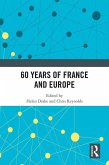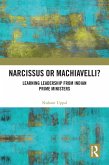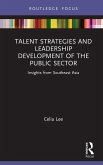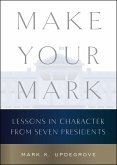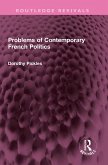Dieser Download kann aus rechtlichen Gründen nur mit Rechnungsadresse in A, B, BG, CY, CZ, D, DK, EW, E, FIN, F, GR, HR, H, IRL, I, LT, L, LR, M, NL, PL, P, R, S, SLO, SK ausgeliefert werden.
Philippe Marlière, University College London, UK.
"An engaged, and engaging, journey through the political, social and cultural landscape of contemporary France. With an approach well-grounded in the history of modern France, this collective volume tackles many different forms of contemporary political and cultural contestation. On the way, the reader travels through physical spaces from the streets of Paris and the banlieue to the French countryside of the twenty-first century, meeting far more complex French identities and experiences than traditional Republican discourse would suggest. Less tangible spaces are also explored, those of traditional and new media and their effects, of voting patterns and the French political system, of gender, of migration and of the memories of the conduct and experiences of war and colonisation and their presence in the immediate every day. Successive chapters bring together aspects of Macron's France as diverse as the evolving place of popular culture to changes affecting the political sphere, all asking fundamental questions about continuity and change in French politics and culture in the wider context of recent global shifts."
Debra Kelly, University of Westminster, UK.
"Any scholar of modern and contemporary France must confront the question of whether the country is, or has ever been, exceptional in relation to the rest of the global North. This rich and diverse collection of essays on French politics and culture is a very welcome and timely update on that perennial question. It provides illuminating overviews and detailed case studies on themes such as the 2017 elections, official and counter-narratives of the banlieue and Jewish culture and popular music, written by many of the leading experts in French studies. It is essential reading for anyone wanting to understand French society today."
Jan Windebank, University of Sheffield, UK.



